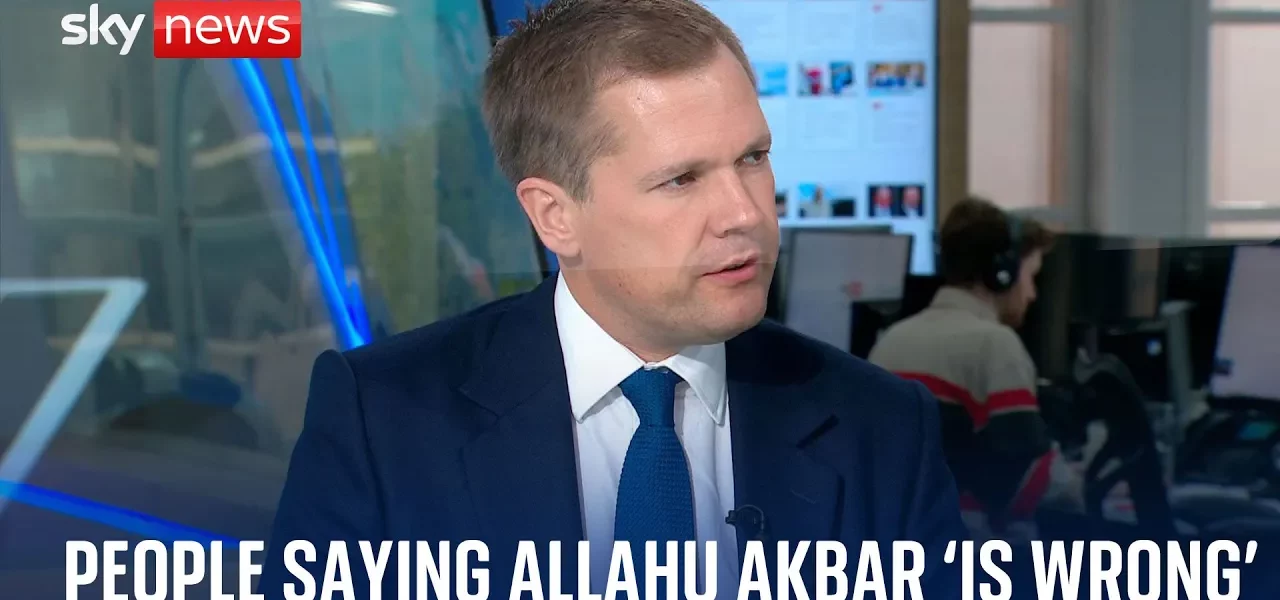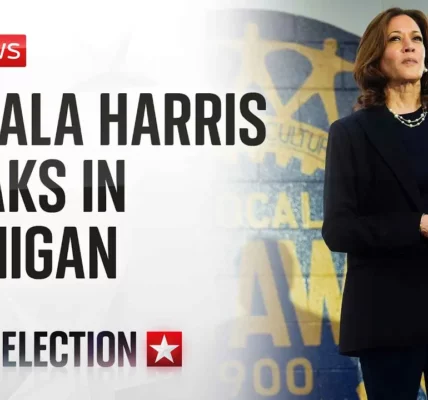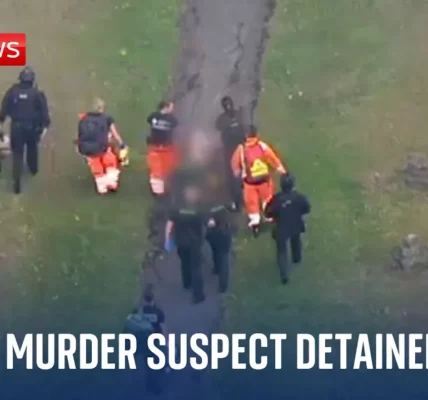Understanding the Recent Riots: Political Reactions and Implications

This article delves into the recent riots that have affected communities across the UK, analyzing the political responses and the broader implications for society, law enforcement, and immigration policy.
Introduction
The recent riots in the UK have sparked a wave of political responses, highlighting the complex interplay between public safety, political accountability, and societal issues. As communities grapple with violence and unrest, leaders must navigate the delicate balance between condemning violence and addressing underlying societal concerns. The discussions surrounding the riots reveal significant insights into current political dynamics, the role of law enforcement, and the challenges posed by immigration policy.
Analyzing Political Reactions
In times of unrest, political leaders often face the challenge of responding to both public sentiment and the actions of opposition parties. This section explores the responses from key political figures amid the recent riots.
Support for Opposition Leaders
There are moments in politics where collaboration is essential. In the face of national strain, supporting opposition leaders like Keir Starmer and Yvette Cooper becomes crucial. This sentiment arises from a shared goal: restoring safety and order in communities.
Government Actions
- Increased presence of prosecutors and courts operating around the clock.
- Urging police forces to bolster resources in affected areas.
These actions reflect an understanding that immediate, decisive measures are necessary to address public safety concerns. However, the Prime Minister’s approach has faced criticism for not equally addressing all forms of violence.
The Nature of Violence
Understanding the types of violence witnessed during the riots is critical to addressing the root causes. Political leaders must recognize that violence can stem from various sources, including far-right extremism and sectarian gang activity.
Equal Treatment of Violence
It is essential for the Prime Minister and government officials to denounce all forms of violence equally. Selectivity in addressing violence can undermine public trust in law enforcement and exacerbate societal tensions.
Public Sentiment and Violence
The public anger stemming from tragic events, such as the murders in Southport, cannot justify rioting or other criminal behaviors. It is imperative to distinguish between legitimate public outrage and acts of violence that harm communities.
Impact of Immigration Policy
The recent decision to abandon the Rwanda policy has reignited discussions about immigration and its implications for national security. This section explores the potential consequences of such policy changes.
Concerns Over Illegal Immigration
- Increased pressure on public services.
- Challenges to community cohesion.
- Potential rise in extreme political movements.
Political leaders must not overlook the legitimate concerns of citizens regarding immigration while simultaneously addressing the violence and unrest that have emerged.
Policing and Public Safety
Effective policing is paramount in restoring order during times of crisis. This section delves into the role of law enforcement in managing the riots and public safety measures.
Two-Tier Policing Concerns
The concept of two-tier policing has emerged as a point of contention, particularly regarding how different types of protests and violence are handled. Political leaders must ensure that law enforcement acts without bias.
Support for Law Enforcement
During crises, it is vital to support police efforts to maintain order. Public appreciation for law enforcement is essential, as their actions directly impact community safety.
Conclusion
The recent riots have underscored the complexities of political leadership in times of crisis. As communities seek safety and stability, it is crucial for political leaders to condemn all forms of violence, support law enforcement, and engage in meaningful discussions about immigration and societal integration. Moving forward, a balanced approach that considers public sentiment while addressing the root causes of unrest is essential. We must advocate for effective policies that promote safety and unity within our communities.
If you found this analysis insightful, consider exploring our related articles on policing issues and immigration policy to stay informed about the ongoing discussions affecting our society.
“`




